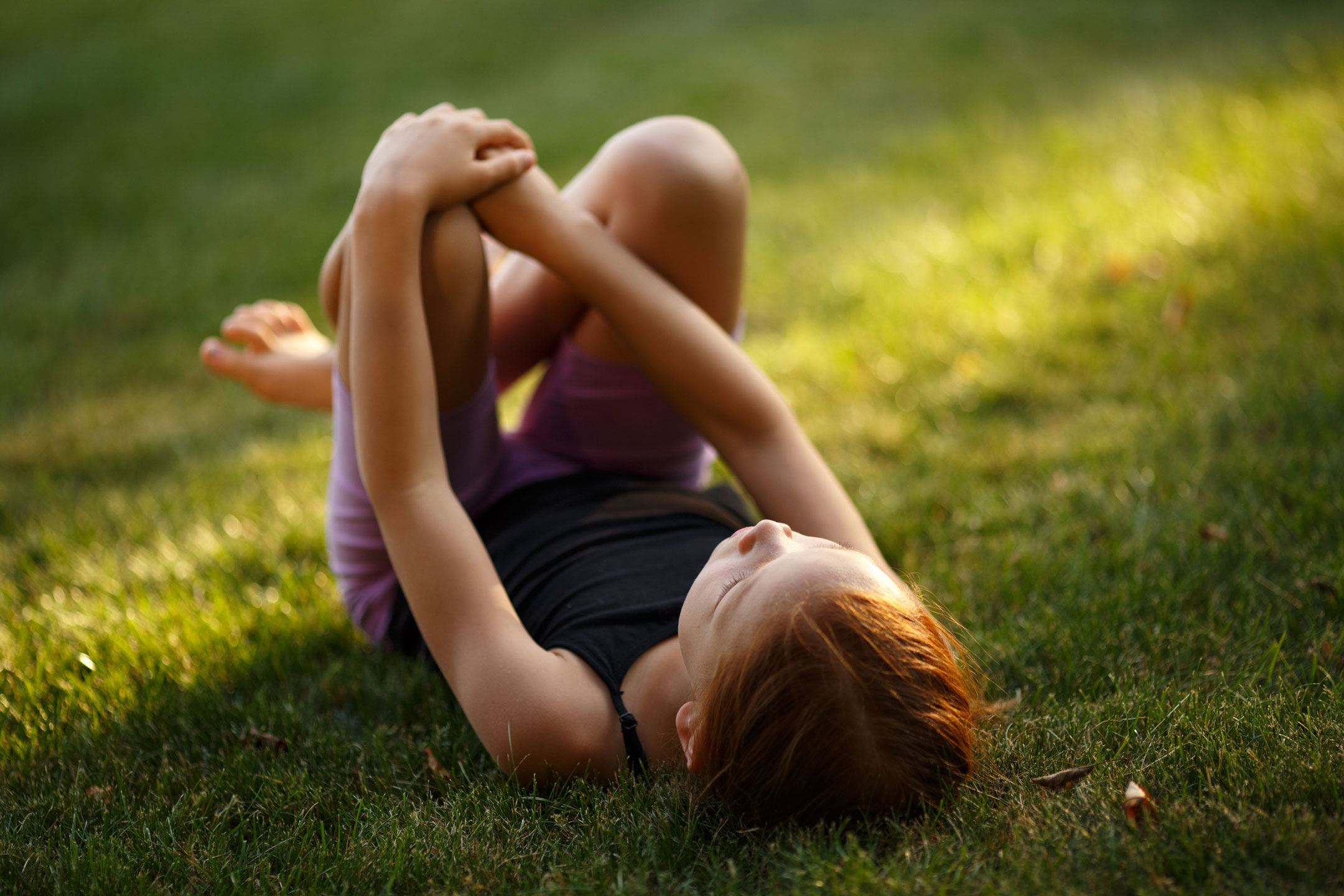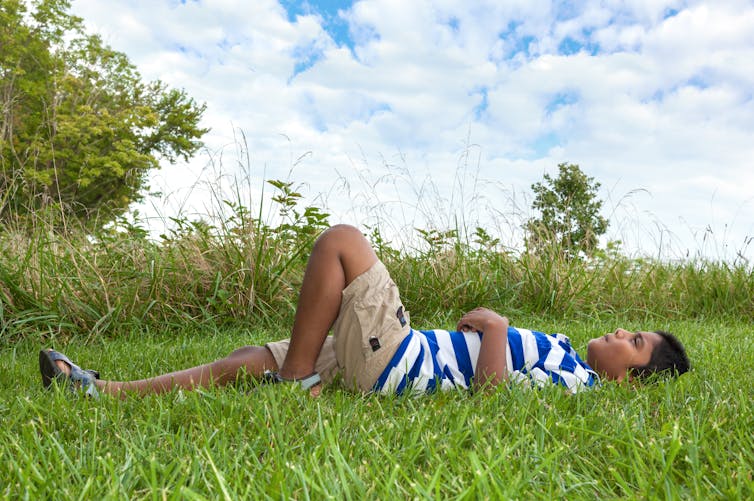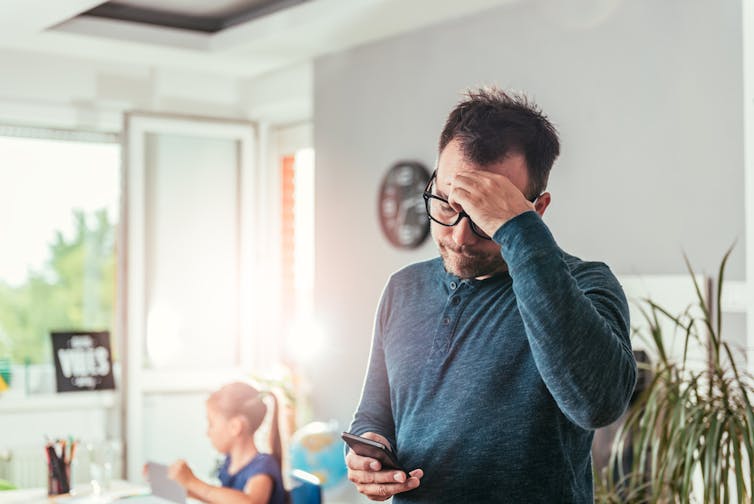
22 Sep Let the kids embrace boredom these holidays
Parents, take the school holidays pressure off yourself! writes Monica Thielking.
If you’re a parent feeling a modicum of dread about the upcoming school holidays, you’re not alone. Many parents will be working from home over the school holidays and wondering, “how am I going to juggle online meetings in the absence of online schooling?”
It’s likely the school holidays will bring a tangle of feelings: stress, guilt, sadness or anger that many of the usual school holiday family activities will be off the table due to lockdowns. Then there’s fear the additional unpaid duties created for working parents (especially women) will be more pronounced. Many feel pressure to find ways to keep the kids occupied.
I’m a psychologist, a former school psychologist and have lived experience of being a working parent with two teenagers in lockdown. My advice to parents is to take the pressure off yourself.
Let your children embrace boredom and don’t try too hard to create the perfect lockdown holiday. Do what you can now to warn your employer your attention might be even more divided than usual over the next few weeks.

Embrace the boredom
Home schooling, while challenging, has the advantage of occupying children and teenagers for a good chunk of the day. It can provide structure and routine to the stay-at-home blur.
Without school, locked down children and their parents are left to contemplate whatever will they do in all the waking hours of a two-week holiday at home? Do I hear a small voice saying, “I’m bored”?
Many parents instinctively react by trying to think of things for their child to do but have a go at resisting that urge. When they say, “I’m bored”, you say “Great! Now off you go.”
A growing body of research evidence suggests boredom in children can make them more creative, with one study describing how:
previous research has shown that individuals use daydreaming to regulate boredom-induced tension, thus suggesting that daydreaming is used as a coping strategy for dealing with the unpleasant state of boredom.
Daydreaming is important. The same study notes how US psychologist Jerome Singer described daydreaming
as shifting attention from the external situation or problem to the internal representation of situations, memories, pictures, unresolved things, scenarios, or future goals.
Your children might complain they’re dying of boredom, but they are not. It may even be good for them.
For children, school holidays are a time to refresh and recharge. It offers some time out from the routine and learning expectations of school. Boredom and long periods of unstructured play are part of that refresh.
A role for employers
A recent study of Australian parents revealed a significant number of parents have increased rates of depression, anxiety, stress and strained family relationships during the pandemic compared to pre-pandemic times.
With school holidays looming, employers should be looking for practical ways to help working parents through the next two weeks. This might include:
- delaying deadlines where possible
- asking whether those long online meetings are really necessary or productive
- giving working parents permission to take leave, even half-days, to allow for a more manageable balance of paid and unpaid work.

Shutterstock
For parents, think carefully about how to communicate your needs to your workplace and your family.
If you have older children, set boundaries around your time — talk to them about your work, let them know what you are doing and why.
Most of all, know you are not alone. You are part of an amazing and resilient tribe of locked down working parents all experiencing the same highs and lows of school holidays at home – and during a global pandemic.
It’s not going to be perfect, but it will be OK in the end.
If this article has raised issues for you, or if you’re concerned about someone you know, call Lifeline on 13 11 14.![]()
Monica Thielking, Associate Professor, Chair of the Department of Psychological Sciences, Swinburne University of Technology
This article is republished from The Conversation under a Creative Commons license. Read the original article.

